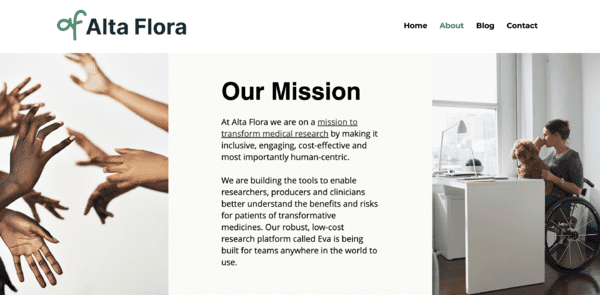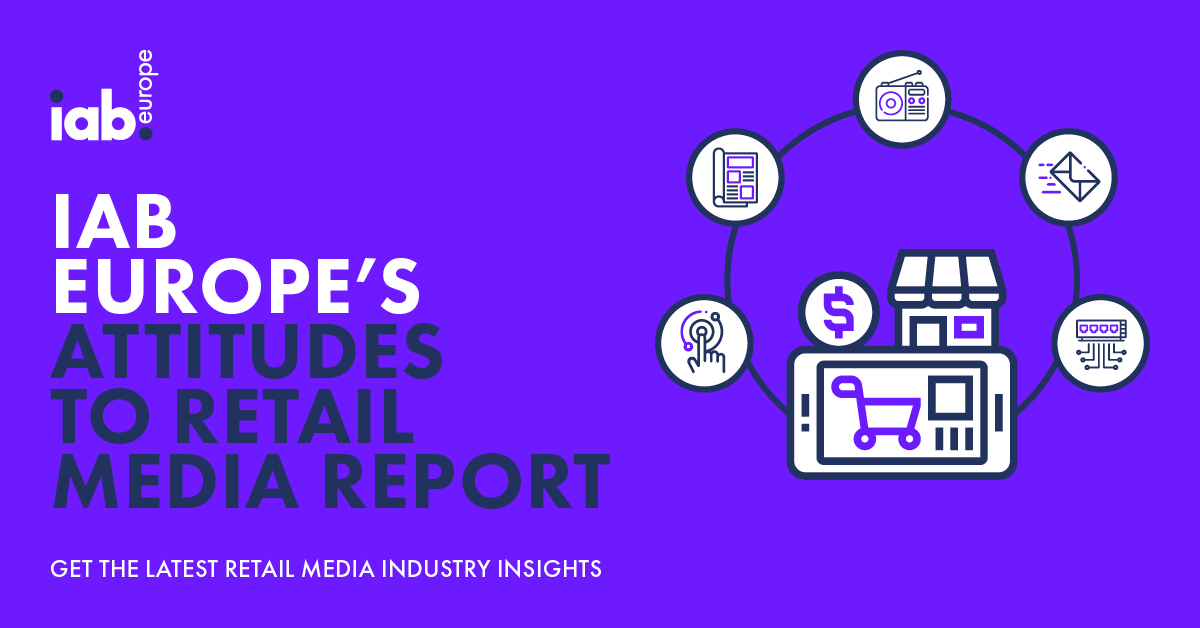In part 2 of our latest RetailCraft podcast episode, Ian Jindal and Jamie Merrick meet with Gavin Sathianathan, chief executive officer at Alta Flora, a health technology platform that uses patient data to help produce evidence-based medical treatments.
Listen to the full episode on Apple Music and Spotify now to find out why Gavin left his role at Facebook, packed up his family and moved to Colorado to set up a cannabis store.
Digital Editor, Scarlette Isaac, recounts the episode’s highlights. For a complete transcript of the conversation, click here.
How did you get into the medical cannabis industry?
“One of my old professors from business school wrote a piece of research in 2014, called Marketing Marijuana in Colorado. And it just struck me. I thought, why is an academic in the US writing about this industry? I wrote to him and said, what’s going on?
“And he said, Gavin, this is the biggest event since the birth of the web. There’s a $200 billion elicit industry that’s going to migrate to the legal channel over the next two decades. It’s going to have a knock on impact in the alcohol industry, in tobacco and in pharmaceuticals.
“As an entrepreneur, it’s perfect because the US federal government says this is illegal, but individual state legislatures say it’s legal – that precludes big businesses getting in. I decided to quit my job. I put my place up on Airbnb in London and moved to Boulder, Colorado with my wife and two kids for the summer of 2015.”
What does the business model look like?
“For millennia we’ve used plants and there are hundreds of millions, if not billions of people around the world using naturally occurring substances today. But because the business model doesn’t quite fit the Research & Development objectives, it’s very challenging to develop the evidence to persuade the regulator that they should approve these medicines.
“My view is if we can exponentially lower the cost of doing research and exponentially broaden the base over which we do that research, then we can start to build the evidence base in a very different way. So the randomised control trial is quite narrow, but a deep data collection exercise. What mobile technologies and wearables afford us is the opportunity to
go much more broad at a lower cost.
“That’s really where it’s going to get interesting with the regulators – how we treat the data and what the new business models will look like on the back of that.”
What’s your current position and trajectory?
“We’ve now built several versions of our app: one for kids who have epilepsy which can be used to track frequency, intensity, and type of seizure.We’ve also built a version of our app for people suffering from long COVID, who are using CBD to see how cannabinoids impact on things like breathlessness and fatigue. We’ve got applications in women’s health. Overall, we’ve started to really look at where there are underrepresented communities and under-researched conditions, whereby exponentially lowering the cost of doing the research you can start to gather the data.”
Find out more about cannabis’ journey from drug to medicine, to lifestyle – listen to the full podcast on Apple Music or Spotify now.









